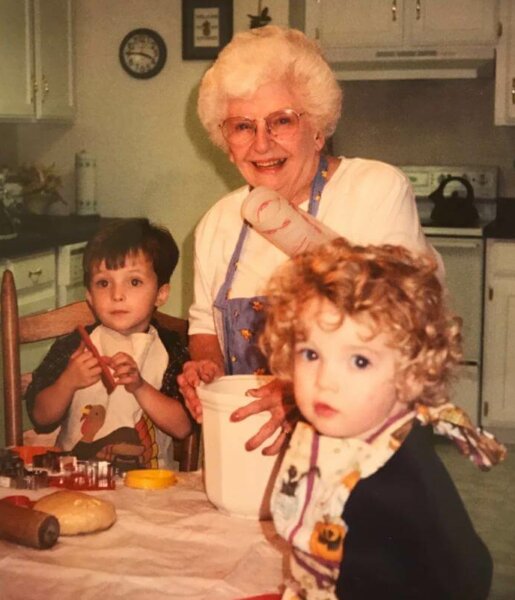VOLUME 102 NUMBER 5
Elul 6, 5782
September 2, 2022
PARSHAS SHOFTIM
Candlelighting Time 7:11 PM
When there is a doubt concerning a ruling in Jewish law, the two parties ascend the mountain to Jerusalem and pose their question to the Sanhedrin, the most respected and scholarly Rabbinic court in our nation. They will decide which party is correct and then everyone will abide by their determination. It is interesting to note that the Torah mentions that when a dispute needs resolution, they ‘ascend’ up to the Sanhedrin. Rashi comments that this indicates that the Beis Hamikdash was the highest point in the entire land of Israel. But, of course, that requires clarification because why is that relevant?
Chasam Sofer suggests an incredible understanding of this portion. Many times, a person will have doubts concerning a certain halachic ruling or even something pertaining to Jewish philosophy or thought. This confusion can be as damaging to one’s very essence, his soul, as a physical disease can ravage one’s body and create havoc, harming one’s health. He proposes that Hashem allows this to happen because at the end of the day, a person will gain from this academic challenge. When these uncertainties occur, we need to plumb the depths of that particular matter and resolve them. Not only will we reconcile that which initially burdened us, but additionally in unraveling this difficulty we will gain a deeper and more profound comprehension of this issue. That is what is meant in this week’s parsha when we encounter a doubt and we ascend to the Sanhedrin. The innuendo is that we must delve into the matter with much intensity and concentration just as the Sanhedrin would also be highly focused to decide a thorny halachic matter. The upshot of this is that Hashem wouldn’t ‘want’ that we should have concerns and doubts about our religiosity unless it would lead us to a higher level of observance of mitzvos and perception of our relationship with Hashem.
Actually, this is what separates us from the nations of the world. Pharoah had doubts when Moshe initially approached him to release us from bondage, whether or not there was truly such a supreme power with such omnipotence. He never elevated himself to investigate the matter and eventually, his empire collapsed under the extreme pressure of the plagues that wreaked havoc with his nation. The nations of the world do not seek to advance and upraise themselves, rather they prefer to stagnate and remain steadfast in their lack of comprehension of life and its vicissitudes.
Meshech Chochmah adds an astounding insight into this parshas. We are commanded not to plant a tree or anything that grows by the altar. Furthermore, we must place the Sanhedrin near the altar. Is there a connection? He explains that the sacrificial order was purely for our benefit because, of course, Hashem doesn’t need and does not gain from our sacrifices. And that is the attitude that a judge must have as well. His focus must be only on the judgement in front of him, not with any ulterior motive to benefit from his involvement in the case upon which he is ruling. We must not plant things that grow near the altar because that would ostensibly imply that the sacrifices add in some way to Hashem, which is, of course, blasphemy. When we confront challenges in our perception of Hashem, it is a pure message from Hashem that we must disregard any and all personal issues and truly probe the matter perplexing us realizing that this is the road to greatness of thought and magnificence in our service to Hashem.
BYTE FOR SHABBOS
The Torah states that we will merit prophets amongst us when they are from our brothers. In other words, when we are a brotherhood and there is unity in our ranks, then we will hear from Hashem. CHOFETZ CHAIM
GOOD SHABBOS


